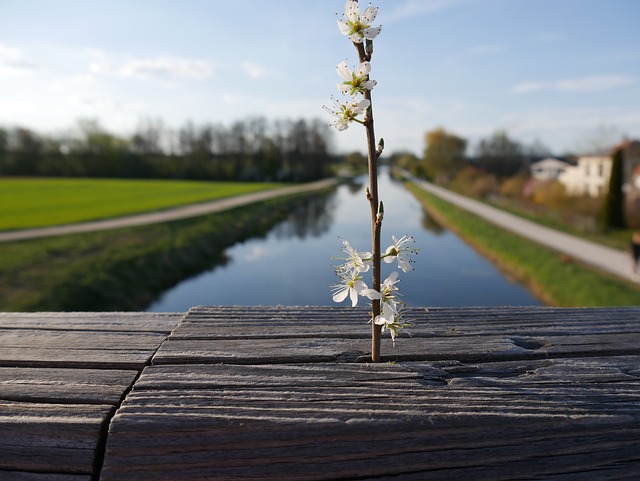luckster 🌞 Luckster: The Science Behind Serendipity and Fortune

Luckster: The Science Behind Serendipity and Fortune
In the intricate tapestry of human experience, luck plays a curious role, often perceived as a whimsical force that touches lives with unpredictable outcomes. The concept of the "Luckster," an individual who appears to be perpetually favored by fortune, beckons an exploration into the scientific underpinnings of luck, serendipity, and the psychological constructs that govern our perceptions of chance.
Luck, often attributed to random chance, can be dissected through various lenses, including psychology, probability theory, and even neuroscience. The phenomenon of luck is not merely a reflection of random occurrences but rather a complex interplay of cognitive biases, environmental factors, and individual mindset. While some may dismiss luck as a mere fluke, a closer examination reveals that certain traits and behaviors may enhance one's propensity to encounter favorable outcomes.
One of the pivotal concepts in understanding luck lies in the realm of cognitive psychology. The "illusion of control" is a cognitive bias where individuals believe they can influence outcomes that are primarily governed by chance. This belief can significantly impact how people approach opportunities and risks. For instance, a Luckster may exhibit behaviors that align with taking calculated risks, thereby increasing their chances of serendipitous encounters. This mindset not only fosters resilience in the face of failure but also encourages a proactive approach to seeking out opportunities.
Moreover, social interactions play a critical role in shaping one's luck. Individuals who cultivate expansive social networks often find themselves at the intersection of various opportunities. The adage "it's not what you know, but who you know" resonates profoundly within this context. Lucksters tend to be extroverted and socially adept, enabling them to forge connections that can lead to advantageous situations. Research indicates that social capital—networking and relationships—can significantly enhance an individual's likelihood of encountering fortuitous events.luckster
The role of optimism cannot be understated in the discussion of luck. Optimistic individuals are more likely to perceive events as favorable and to interpret setbacks as temporary obstacles rather than insurmountable barriers. This perspective fosters a resilient attitude, encouraging individuals to persist in their endeavors despite potential failures. A Luckster's optimistic outlook may not only attract positive experiences but can also create a self-fulfilling prophecy, wherein their positive expectations lead to favorable outcomes.
From a probability standpoint, the concept of "availability heuristic" further elucidates how individuals perceive luck. This cognitive shortcut enables people to assess the likelihood of events based on how easily examples come to mind. Consequently, Lucksters, who frequently encounter fortunate outcomes, may reinforce their identity as lucky individuals, while those who experience misfortune may fall into a cycle of negativity. Understanding this bias can help individuals reframe their experiences and recognize the potential for luck in their lives.luckster

Neuroscience also offers insights into the phenomenon of luck. Studies have shown that the brain's reward system is activated when individuals experience fortunate events, releasing neurotransmitters such as dopamine. This biochemical response not only reinforces the desire to seek out similar experiences but also heightens awareness of potential opportunities. The brain's plasticity allows individuals to train themselves to recognize and seize lucky moments, suggesting that luck may, to some extent, be a skill that can be cultivated.
Furthermore, the role of preparation plays an essential part in the Luckster paradigm. The intersection of readiness and opportunity often defines how luck manifests in an individual's life. The adage "luck favors the prepared" underscores the importance of diligence, continuous learning, and adaptability. Lucksters tend to be individuals who not only embrace opportunities but also equip themselves with the knowledge and skills necessary to capitalize on them.luckster

In conclusion, the allure of the Luckster is a multifaceted phenomenon that intertwines cognitive psychology, social dynamics, optimism, and neuroscience. While luck may appear to be a capricious force on the surface, a deeper exploration reveals that certain traits and behaviors can enhance an individual's ability to attract fortunate outcomes. By fostering a resilient mindset, cultivating social connections, and remaining open to opportunities, individuals may find themselves weaving their own narrative of luck. Ultimately, the science of luck serves as a reminder that while chance may play a role in our lives, our perceptions and actions significantly shape our experiences with fortune.
Fale conosco. Envie dúvidas, críticas ou sugestões para a nossa equipe através dos contatos abaixo:
Telefone: 0086-10-8805-0795
Email: portuguese@9099.com


